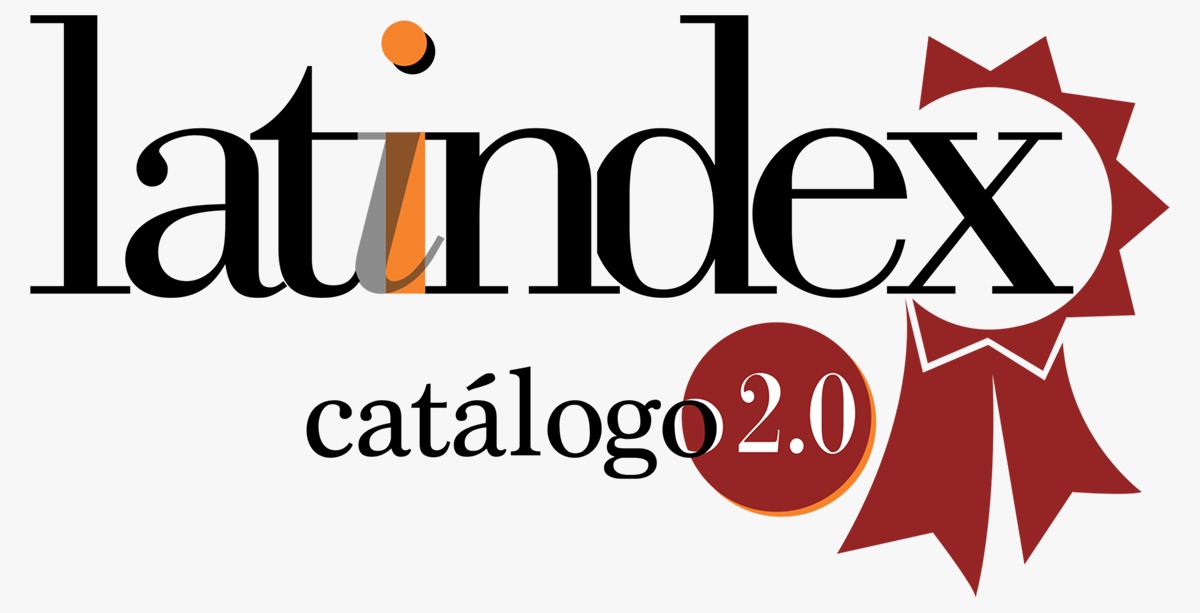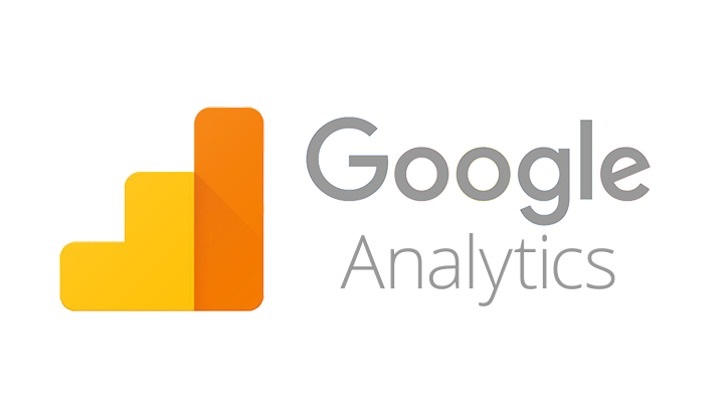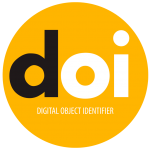Computational thinking as a key tool for problem solving
DOI:
https://doi.org/10.47865/igob.vol7.n28.2024.377Keywords:
Computational thinking, Problem-solving, , Digital and Technological skillsAbstract
The digital age has increased the need for technological skills in students, posing challenges for educational institutions. Education requires a shift in pedagogical approaches, especially after the COVID-19 pandemic, which accelerated social isolation and expanded the need to master digital environments within educational communities. This context has strengthened computational thinking (CT) as an effective strategy, adopted in the MIT-Harvard model since 2012, which has a clearly established theoretical framework.
The purpose of this research was to assess the level of development of computational thinking competencies aimed at problem-solving. To achieve this, a quantitative study with a non-experimental cross-sectional design was conducted, examining the relationship between three dimensions of computational thinking: conceptual, practical, and perspectival, and their impact on the development of competencies for problem-solving. The results showed positive correlations greater than 0.466, 0.384, and 0.681 with a significance of 0.000, evidencing a strong connection between the theoretical foundation, practice to consolidate learning, and the development of skills for making appropriate decisions in the search for solutions.
This study was conducted at a public university in Peru with 175 engineering students. The diagnostic instrument, validated with 8 problems, assessed the necessary skills to generate competencies aligned with the Peruvian education system, which promotes learning in three key areas: knowing, knowing how to do, and knowing how to be. The results provide valuable information for creating a virtual learning ecosystem to support the students' comprehensive development.
Downloads
References
Brennan, K., & Resnick, M. (2012). New frameworks for studying and assessing the development of computational thinking. Proceedings of the 2012 Annual Meeting of the American Educational Research Association. Vancouver, Canada.
Wing, J. M. (2014). Computational thinking benefits society. Social Issues in Computing. New York: Academic Press.
Downloads
Published
How to Cite
Issue
Section
License

This work is licensed under a Creative Commons Attribution-NonCommercial-ShareAlike 4.0 International License.
Esta obra está bajo una licencia internacional Creative Commons Atribución-NoComercial-CompartirIgual 4.0.
















